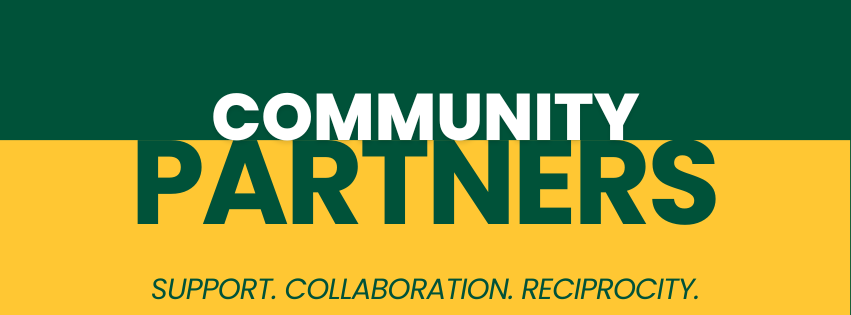
Our mission is to connect Mason students and faculty with community to support student learning and the development of civically engaged and well -rounded scholars committed to positive social change through partnership with community.
We offer several ways for students to get involved in community organizations like yours, including Community Based Learning courses, service fairs, campus advertising, and our opportunity database. If you are interested in becoming an official community partner, please attend an information session for more details. If you have additional questions, please contact Shanelle Highsmith, Program Manager for Outreach and Partnerships.
Upcoming Community Partner Information Sessions:
- February 5, 2026 11:00am-11:45am
- February 24, 2026 2:00pm-2:45pm
- March 20, 2026 12:00pm-12:45pm
- April 16, 2026 9:00am-9:45am
*Registration closes one hour before session start time*
